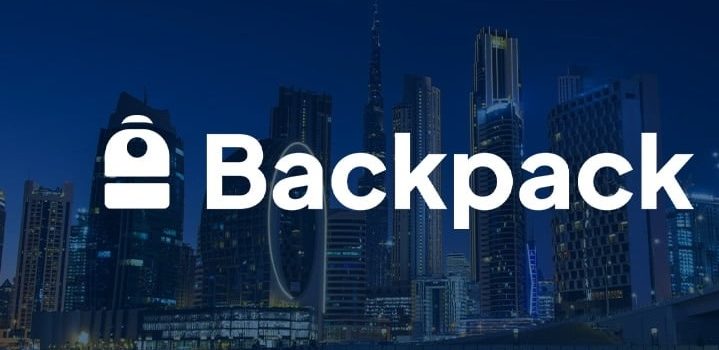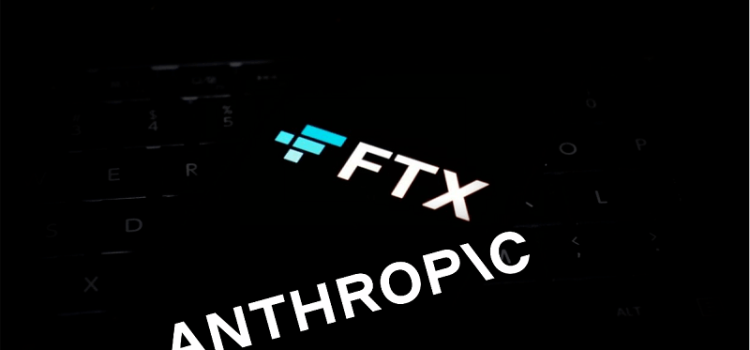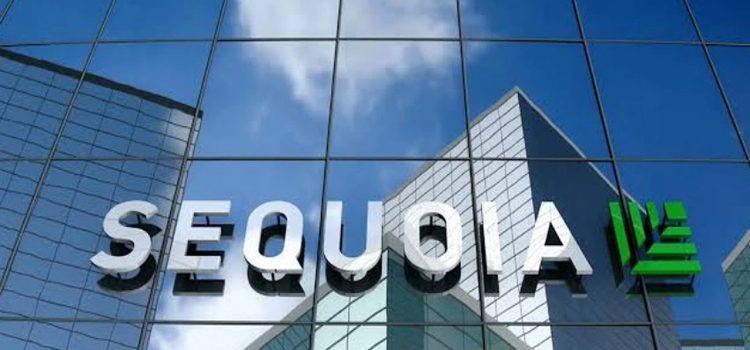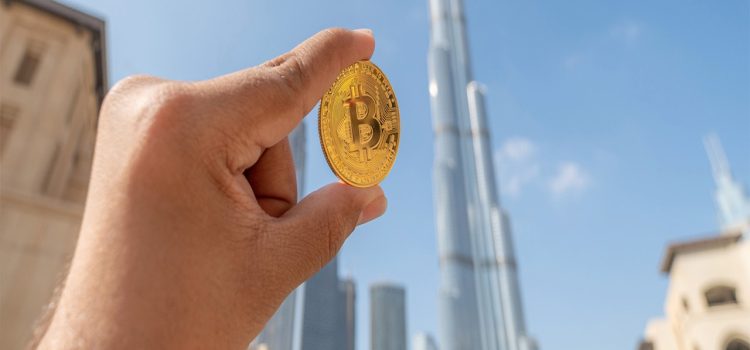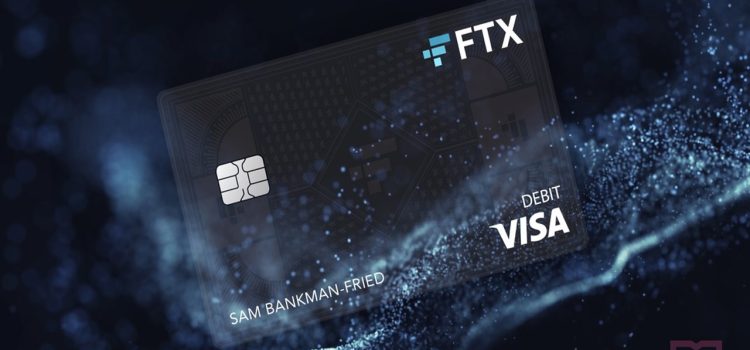It all started with the FTX downfall and then Binance’s Co-Founder and CEO call for crypto exchanges to carry out proof of reserves. Since then crypto exchanges such as Binance and crypto.com have provided wallets addresses tied to company wallets while Nansen blockchain analytics firm is creating a display of crypto exchange proof of reserves dashboard that currently includes Binance, crypto.com, OkX, Kucoin, Deribit, Bitfinex, Github, and others.
But what are locally homegrown crypto exchanges in MENA doing. Will they carry out proof of reserves, do they see it as the solution to bring trust back to crypto exchanges, and who has exposure to FTX?
MENA Crypto Exchanges and Proof of Reserves
Bahrain based CoinMENA Talal Tabbaa and Dina Sama’an when asked by LaraontheBlock about if they will be doing proof of reserves stated, “This FTX news is a major setback for our industry and highlights the importance of regulation. This is why CoinMENA was established under the Central Bank of Bahrain, with a robust regulatory framework and compliance requirements. We go through regular audits and have to submit periodic reports to the regulators. More importantly, we keep our user funds in segregated accounts and we don’t offer leverage or margin which severely increases the risk profile of an exchange. We see crypto as a long-term investment and will continue to manage our risk prudently to build a sustainable and profitable business.”
Tabbaa adds, “CoinMENA is also reaching out to Nansen who is heading this effort globally to see the best way for it to be done.”
UAE regulated BitOasis CEO Ola Doudin states, “We believe that locally regulated platforms that follow industry best practices with proper oversight and supervision by their local regulators is the best way to ensure consumer protection and proper risk management practices.”
Vasja Zupan, President of UAE based Matrix Exchange in a reply to the question of whether they will do proof of reserves states, “We simply hold 1:1 client assets in our custody that is literally reconciled daily and regularly reported and checked by regulator and external auditors.”
Basil Askari Co-Founder of UAE MidChains has a similar reply, “In terms of proof of reserves we are already doing this on a daily basis with our regulator by providing daily client account reconciliations.”
Ola Doudin in her reply to this question stated, “BitOasis holds client assets in segregated client money accounts and custody environments. We’re an audited company that maintains the highest level of security and industry practices in storing and maintaining client assets one to one backed. We do not engage in any fractional reserve practices, proprietary trading, lending, and borrowing and we do not have an exchange token.”
Christopher Flinos, Chief Executive Officer of Hayvn crypto exchange in UAE “We already do proof of reserves. Our client’s crypto stays in segregated client wallets and our clients have always had access to their reserves. The firm in addition keeps shareholder funds in USD We hold no treasury in any coins not even stablecoins.”
Will Proof of reserves bring trust back to crypto exchanges?
Zupan believes that proof of reserves is totally useless without “proof of liabilities”. As he explains, “Proof of reserves alone should not bring trust back without 3rd party reviews and regulatory oversight over centralized services. I believe that CeFi needs a strong regulatory overview in combination with strong transparency and DeFi needs total transparency with independent reviews (not everyone can evaluate complex software and framework).”
Basil Askari co-founder of MidChains believes it is not enough to publish numbers. He explains, “Regulation and strict supervision by regulators on how client funds are used, is and has always been critical, as in TradeFi.”
Talal Tabbaa believes that the way crypto exchanges are carrying out proof of reserves at the moment is missing an important element. He explains, “In accounting when you provide information on your assets, you also provide information on your liabilities. Crypto exchanges need to do both proof of reserves and proof of liabilities preferably on a blockchain in real-time.”
Flinos agrees that with the current behavior of crypto exchange leadership trust is continuing to be damaged and what is need is strong regulation, control and corporate governance.
Exposure to FTX
In the past both CoinMENA and BitOasis had in their investment rounds received investment from FTX Ventures through Alameda Research. As such CoinMENA in a joint statement from both Talal Tabbaa and Dina Sam’an, Co-Founders, to LaraontheBlock clarified the following: “FTX’s Investment arm Alameda Research invested $1 million in CoinMENA’s $9.5m seed funding round in 2021. All the funds were received prior to the close of the seed round. Their stake is less than 3% and has no voting rights. In light of the recent news, we have offered to buy back their minority stake.”
BitOasis also made a public blog post where it stated the following: “BitOasis confirms that it has no commercial relationship or exposure with Alameda Research (Alameda) or any other FTX entity. Accordingly, recent events at FTX and Alameda do not have any bearing on our business, or our ability to provide our customers with a safe and secure trading experience. In 2021, Alameda participated in BitOasis’ Series B financing round. As a result of its investment Alameda holds a 2.2% shareholding in BitOasis through Alameda Ventures Limited. Alameda is not represented (nor has it ever been) on BitOasis’ board of directors or on any governance forum or committee in any capacity. The shareholding is small and hence creates no exposure to our business.”
Matrix, Hayvn and MidChains founders confirm that they have zero exposure to FTX. Zupan stated, “We don’t have any exposure to FTX or any related party or similar protocols.” Al Askari as well confirmed, “Both our client funds and corporate assets are not exposed. We keep our (and our clients) funds in a safe boring 1:1 holding.” Flinos confirmed that they do not deal with unregulated counterparts.
Two crypto exchanges, RAIN in Bahrain and Veromex in UAE have not yet replied to the queries posed, if and when they do reply, their responses will be added.
Take Away
While up until now international exchanges have always looked more attractive because of their liquidity and the amount of crypto they list as well as their geographic coverage, it seems that those regulated in the region whether in UAE or Bahrain are looking more attractive because of their adherence to strong regulatory bodies.
A lot of news is coming out that international exchanges undertaking so called proof of reserves are not being transparent. For example Crypto.com’s cold storage revealed a suspicious transfer of 320,000 Ether worth $404 million, to Gate.io. Kris Marszalek, CEO of Crypto.com assured traders that the transfer was accidental; funds were to be moved to a new cold storage address. Experts allege that the transfer helped Gate.io show its proof of reserves of user funds shortly after the transfer. Even more so it seems that 20 percent of crypto.com reserves are in Meme Token SHBB.
This also happened with Huobi. It was noted that after Huobi released the asset snapshot of the asset reserve, 10,000 ETH was transferred from Huobi to Binance and OkX deposit wallets. (Etherscan.io)
Binance CEO CZ also made an interesting tweet today November 13th 2022 where he says Binance is not just a CEX (Centralized Exchange). This comes as the crypto mood globally moves towards DEX (Decentralized Exchanges). In his tweet he gives advice on how to store crypto in your own wallet, and refers to trustwallet while saying that Binance is not just a CEX but provides other options.
In the end, the future is in decentralized exchanges, smart contracts, and blockchain databases for proof of reserves such as Etherscan.io and others. Crypto was never the culprit, it was molding crypto into a traditional financial sector that was.









